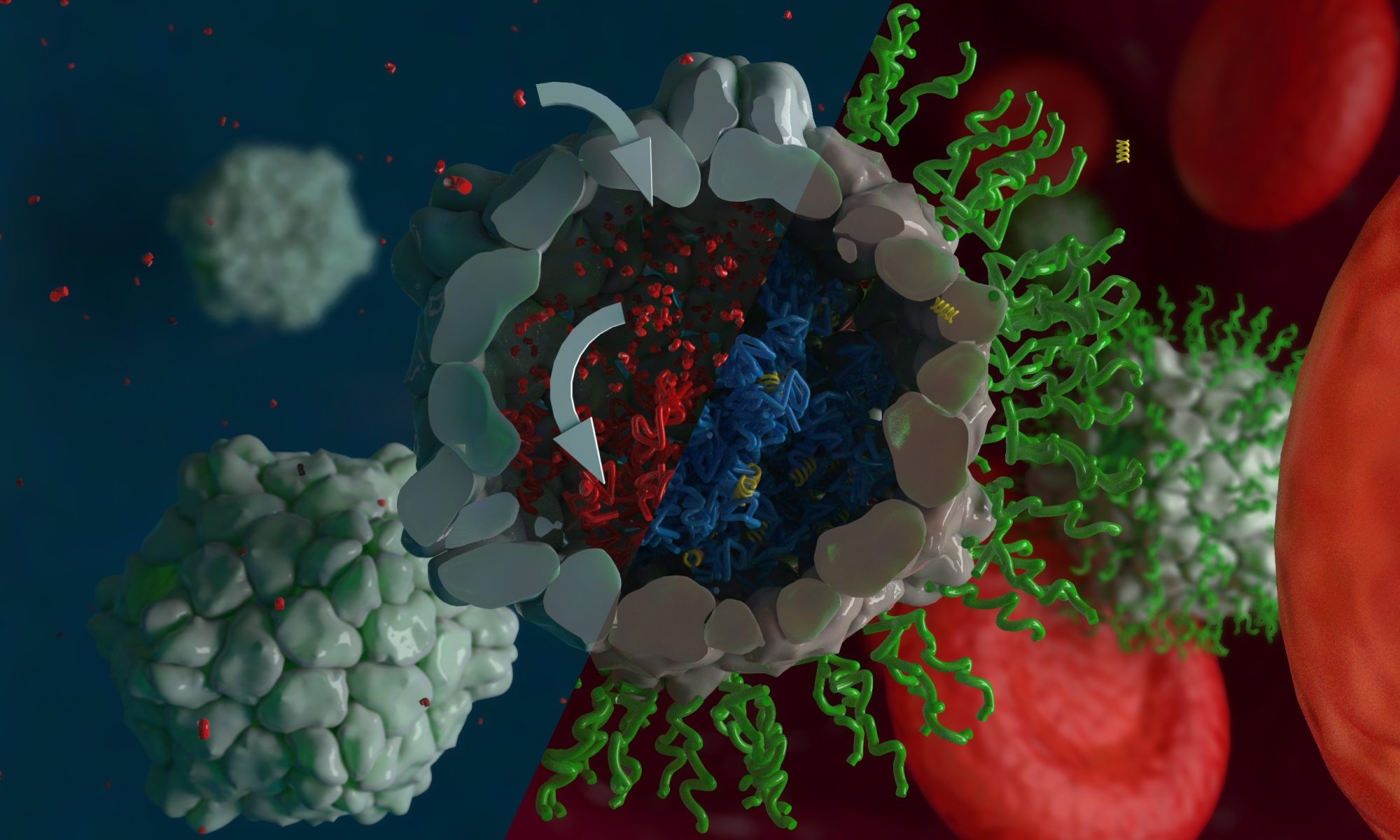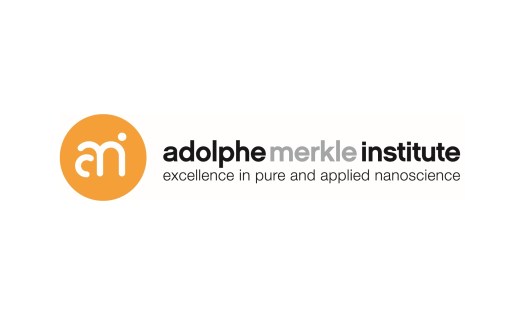We are a polymer chemistry research group led by Prof. Nico Bruns at the Department of Chemistry and the Centre for Synthetic Biology of the Technical University of Darmstadt in Germany.
Our research in the realm of Sustainable Functional Polymers wisely combines synthetic polymer chemistry with the engineering of proteins and enzymes. Via this approach, some of the best aspects of two different domains of macromolecular chemistry are combined in order to exploit the catalytic power of enzymes, to create novel nanosystems and to develop materials with unprecedented new functions. Four lines of research illustrate our strategy:
- Biocatalytic Atom Transfer Radical Polymerizations (bioATRP)
- Artificial cells and polymer-enhanced synthetic biology
- Engineered living materials
- Block copolymer vesicles (polymersomes) and protein cages as nanoreactors and nanocapsules
- Bio-inspired materials
- Polymerization-amplified malaria diagnostics

